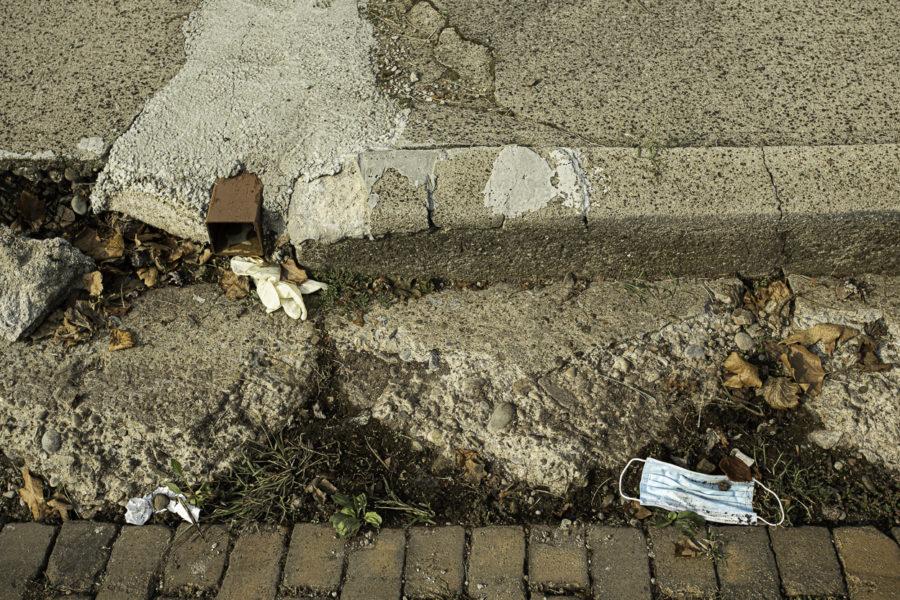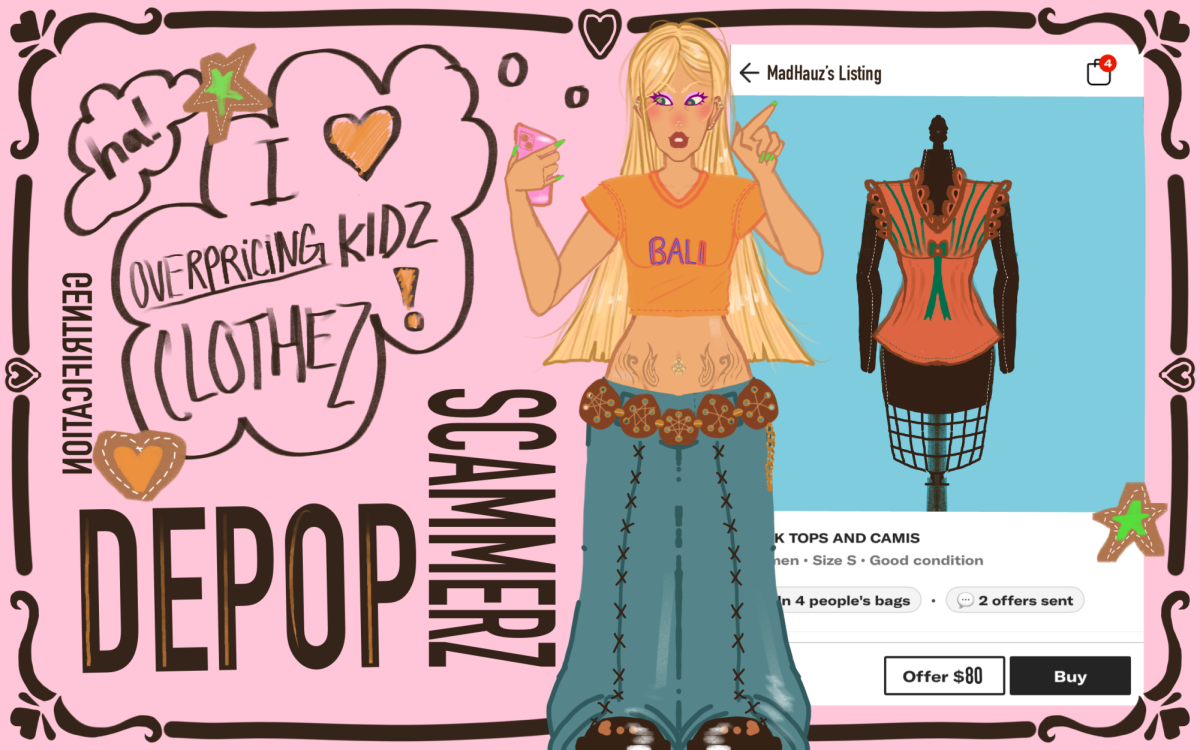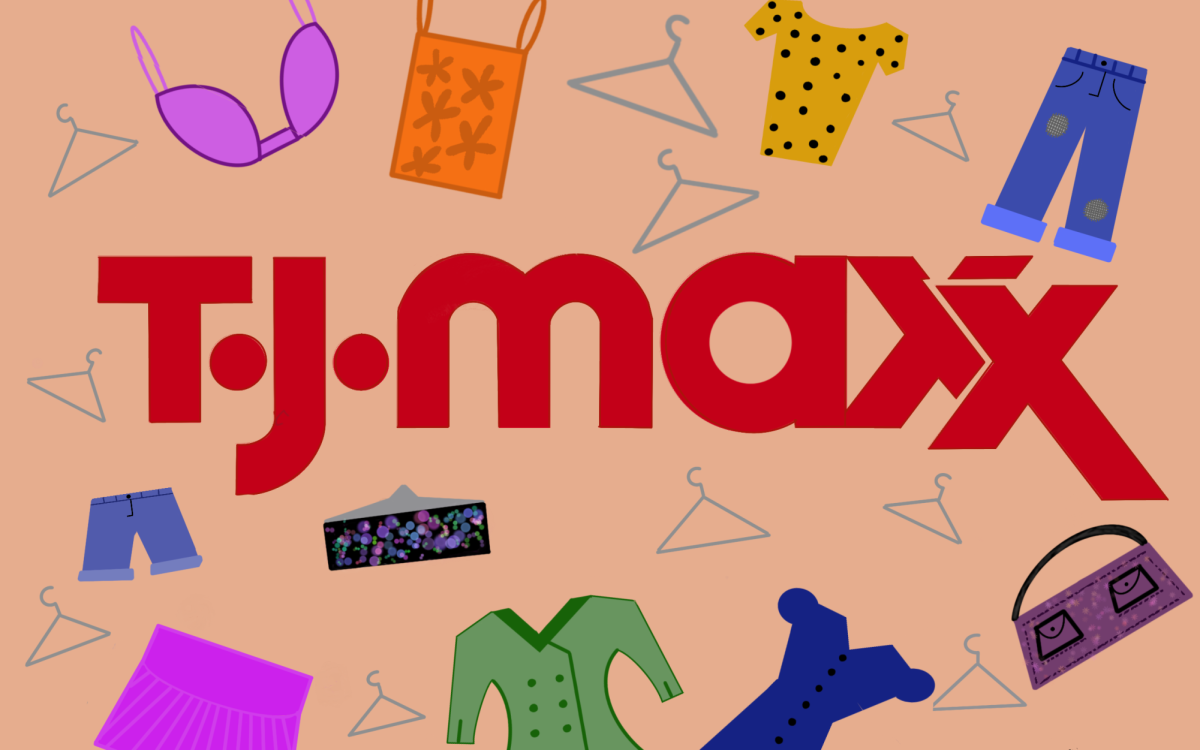2019 was the year for environmental advocacy. Environmental activist Greta Thunberg was named TIME’s person of the year and made her iconic, “How dare you?” speech at the United Nations Climate Change Conference. Climate change became a hot topic and people discussed how many years were left to prevent irreversible damage to the planet.
2020 on the other hand took a huge step backwards when it comes to sustainability. The coronavirus introduced a huge need for disposable safety equipment such as masks, gowns and gloves, as well as other single-use items like plastic utensils and to-go containers.
In an article published by the United Nations, the director of international trade for the UN Conference on Trade and Development Pamela Coke-Hamilton discussed the impact of the virus on the environment.
“Plastic pollution was already one of the greatest threats to our planet before the coronavirus outbreak,” Coke-Hamilton said. “The sudden boom in the daily use of certain products to keep people safe and stop the disease is making things much worse.”
Although sustainability is currently taking a backseat to the COVID-19 pandemic, it is still possible to flatten the curve and remain healthy while staying environmentally conscious.
Wearing a reusable mask is the most simple way for the average person to cut down on a single-use product during the pandemic. Buying or making a cloth face-covering allows people to wash their masks instead of throwing them away, effectively cutting down on waste. For healthcare workers that are required to wear a surgical or N95 mask, Battelle, a company headquartered in Columbus, Ohio, can decontaminate medical-grade masks without degrading the quality or effectiveness of the mask.
Although masks are the most notable disposable product used for sanitary reasons, there has also been a surge in several other types of everyday items that are thrown away after minimal use because of the pandemic.

For example, tiny bottles of hand sanitizers have popped up for sale in grocery stores, gas stations and other popular online retailers. While the small bottles are convenient to keep germs away on-the-go, the bottle creates a lot of unnecessary plastic pollution when it’s thrown away. One way to combat this problem is to refill a small bottle from a larger one that can be kept at home. Refilling the small bottle will also save money since the larger bottles of hand sanitizer are cheaper per ounce.
Another large contributor to plastic pollution is waste from takeout food. Many people are opting to eat food from restaurants at home to avoid eating in a populated dining room. However, taking food home means the restaurant needs to package the food in disposable containers, include plastic silverware and wrap it all within a plastic bag.
Just last year, many cities were making progress on decreasing the amount of single-use plastics. Many places jumped on the bandwagon to ban plastic bags. However, cities are now pushing back their bans because people have fears that reusable products will carry the virus, according to an article by CNBC. Customers can avoid an excessive amount of plastic by specifically requesting as little disposable items as possible to be included in their order. When ordering a couple of things to-go, customers can also ask for no plastic bag and bring a reusable bag to carry the food instead. Additionally, customers can request no added plastic silverware or individually packaged condiments to their order.
COVID-19 is the most prevalent safety concern in the nation right now. However, that does not mean people have to use significantly more single-use plastic to remain healthy. Consumers have the responsibility to be environmentally conscious, even through a global pandemic.











